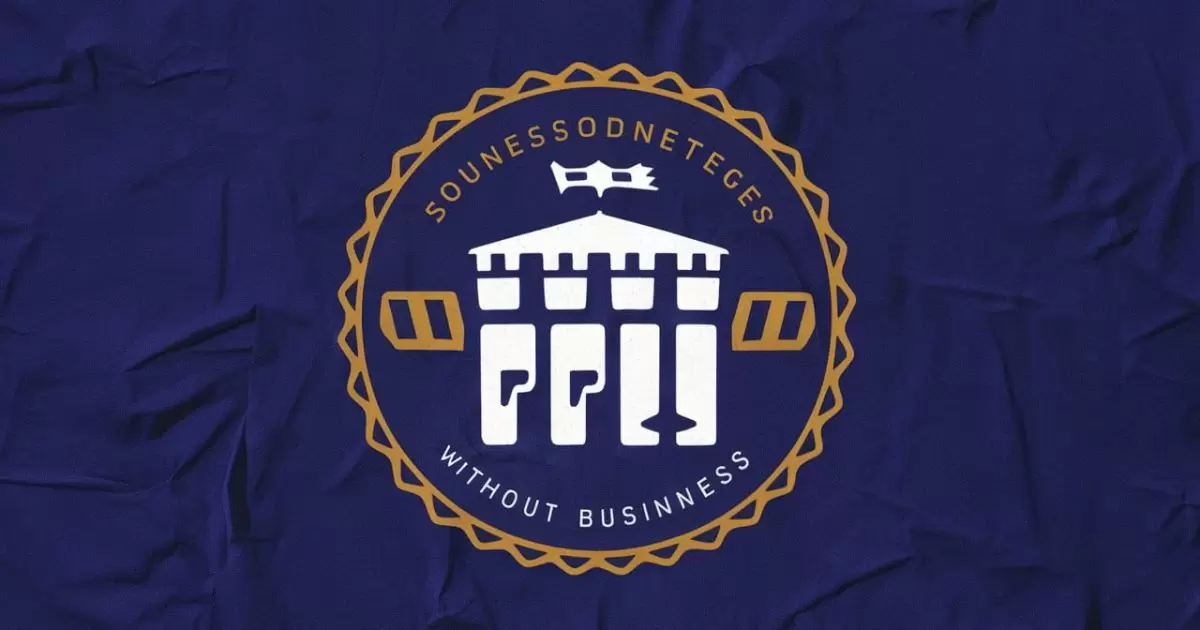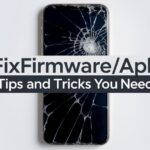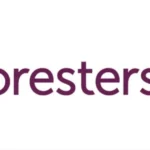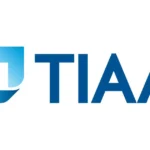Introduction
To obtain an FFL without a business, apply using ATF Form 7 and consider a Type 03 FFL for collecting historical firearms. Ensure compliance with local regulations and maintain accurate records.
Obtaining a Federal Firearms License (FFL) is essential for those who wish to legally engage in firearms transactions. While most FFL holders operate businesses, it’s entirely possible to obtain an FFL without running a formal business.
This article will guide you through the process of acquiring an FFL without a business, addressing various aspects such as the different types of licenses available, application procedures, and legal requirements.
Whether you’re a firearms enthusiast, collector, or hobbyist, understanding how to navigate the FFL process without a business can be beneficial.
Understand FFL Basics
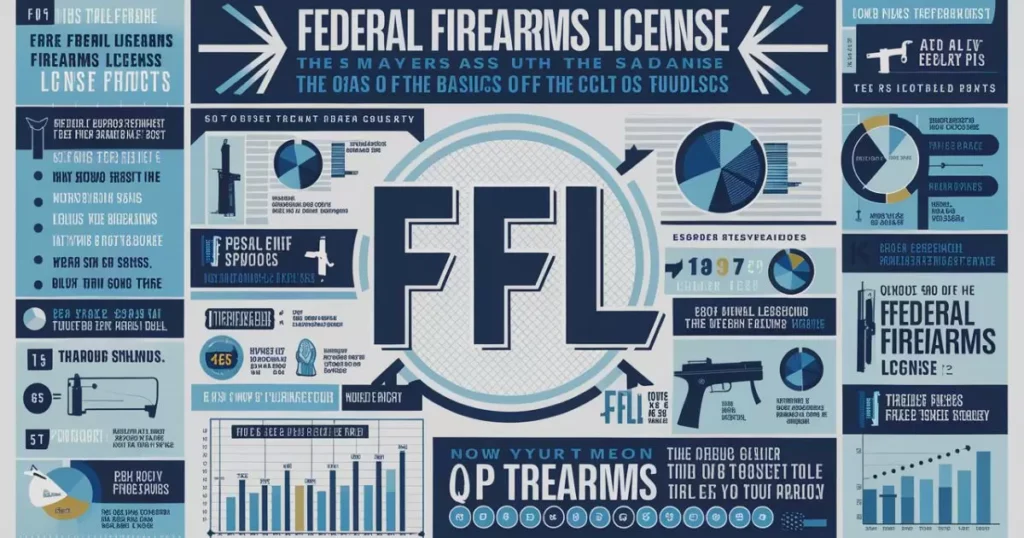
An FFL is a license issued by the Bureau of Alcohol, Tobacco, Firearms, and Explosives (ATF) that allows individuals or entities to legally buy, sell, and transfer firearms. It’s essential for anyone who engages in the business of dealing in firearms. The FFL ensures that transactions are conducted legally and that firearms are properly documented and regulated.
There are several types of FFLs, each suited to different needs, ranging from dealers to manufacturers. However, obtaining an FFL doesn’t necessarily require running a traditional business. Some individuals pursue an FFL for personal use, collecting, or hobby purposes, rather than commercial transactions.
Personal Use Exception
If your goal is solely to purchase firearms for personal use and not for resale or trade, you may not need an FFL. Federal law does not require an FFL for personal acquisition of firearms, provided that transactions are conducted in accordance with state and local laws.
However, if you frequently acquire firearms or engage in transfers, an FFL might streamline the process and offer additional benefits.
Hobbyist FFL
For hobbyists, obtaining an FFL can facilitate firearms acquisition and management, even if you don’t operate a formal business. A hobbyist FFL allows individuals to engage in firearm-related activities such as collecting, modifying, and selling firearms on a limited basis.
This type of FFL can be beneficial for serious collectors or enthusiasts who wish to handle firearms in a more organized and regulated manner.
Type 03 FFL – Collector of Curios and Relics
The Type 03 FFL, also known as a Collector of Curios and Relics (C&R FFL), is specifically designed for collectors of historical firearms. This license allows individuals to acquire and possess firearms that are classified as “curios and relics,” which are generally older and historically significant.
Unlike other FFL types, the Type 03 FFL does not require a business and is ideal for those focused on collecting rather than commercial activities.
Personal Business License
While an FFL itself does not require a formal business, having a personal business license can be advantageous. It adds credibility and helps in case local regulations require any form of registration or approval.
A personal business license can also assist in managing transactions and record-keeping, even if you are not operating a full-fledged business.
Application Process
The application process for an FFL involves several steps:
- Complete ATF Form 7 – This is the primary application form for obtaining an FFL.
- Submit Background Checks – Responsible persons involved will undergo background checks.
- Pay Fees – Fees vary depending on the type of FFL.
- Submit Fingerprints – Required for identification and background checks.
- Await Approval – The ATF reviews the application and may conduct an in-person interview or inspection.
How To Buy An Existing Business With No Money
Local Regulations
Local regulations play a crucial role in the FFL application process. Even if you’re not running a formal business, you might need to comply with local zoning laws, obtain a local business license, or meet other regional requirements. It’s essential to research and adhere to these regulations to avoid complications.
Record Keeping
Record keeping is a fundamental part of holding an FFL. Accurate and detailed records of all firearms transactions must be maintained. This includes acquisition and disposition records, which are subject to ATF inspections. Proper record-keeping ensures compliance and helps in managing your firearms effectively.
Background Check
A background check is mandatory for all responsible individuals listed in the FFL application. This check assesses the individual’s criminal history and ensures that they are legally permitted to handle firearms. The ATF conducts thorough background checks to maintain the integrity of firearm transactions.
Home Office Considerations
If you plan to operate from a home office, ensure that your home is appropriately zoned and compliant with local regulations. Some areas may have specific zoning laws regarding firearm-related activities. It’s important to verify these requirements to avoid any legal issues.
Compliance with NFA
If you plan to handle National Firearms Act (NFA) items such as suppressors or short-barreled rifles, additional compliance measures are required. This includes registration and taxation of NFA items. Ensure you are familiar with NFA regulations and requirements to remain compliant.
ATF Inspection
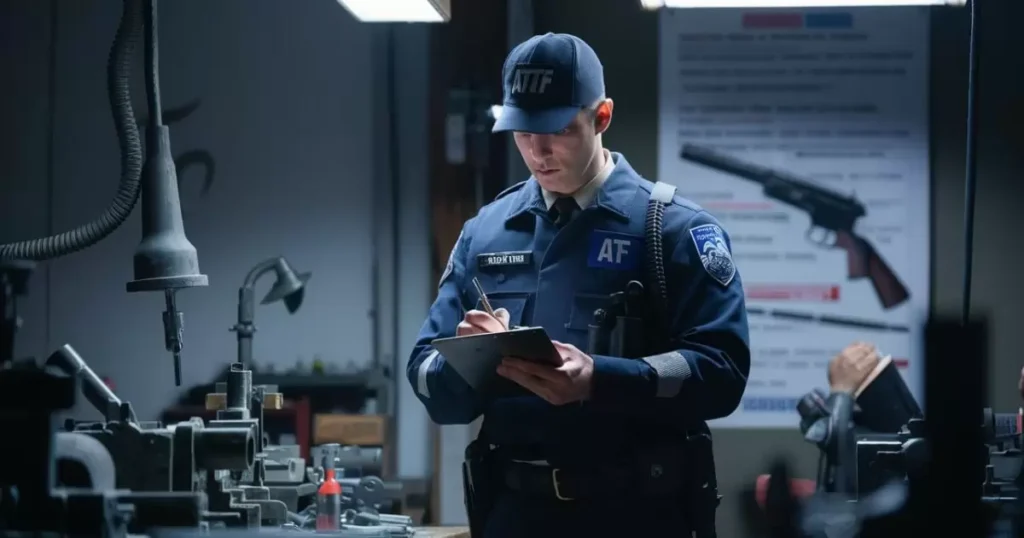
An ATF inspection may be conducted to ensure that you comply with all federal regulations. Inspections typically involve a review of your records and facilities. Being prepared for inspections and maintaining thorough records will help facilitate a smooth inspection process.
Fees
The fees associated with obtaining an FFL vary depending on the type of license. Fees are generally payable upon submission of the application and must be renewed periodically. It’s important to budget for these fees as part of the FFL maintenance process.
Training
Although not mandatory, training on firearms laws and regulations is highly recommended. Understanding federal and state laws, as well as best practices for record-keeping and compliance, will help you manage your FFL more effectively.
Renewal
Renewal of your FFL is required periodically. Ensure that you stay current with renewal deadlines and requirements to maintain your license. This includes updating any changes to your application or business status and paying the renewal fees.
Additional Tips
- Stay Informed – Regularly review updates to firearm laws and regulations.
- Network with Other FFL Holders – Connect with others for advice and best practices.
- Consult Legal Experts – Seek legal advice if you have any questions about compliance or regulations.
Pro and Cons
| Pros | Cons |
| Facilitates Transactions | Regulatory Burden |
| Streamlines the acquisition and transfer of firearms. | Requires adherence to detailed record-keeping and compliance. |
| Collector Benefits | Inspection Requirements |
| Allows for the collection of historical firearms. | Subject to periodic ATF inspections. |
| Regulatory Compliance | Fees |
| Ensures adherence to federal regulations. | Involves application and renewal fees. |
Answer to Key Question How To Get An Ffl Without A Business
What types of FFL can I obtain without running a formal business?
You can obtain a Type 03 FFL (Collector of Curios and Relics) without running a formal business. This license is ideal for individuals who collect historical firearms.
Additionally, other hobbyist or personal use licenses may be suitable depending on your activities, but they often require careful compliance with federal and local regulations.
How do I apply for an FFL without a business?
To apply for an FFL without a business, you should:
- Complete ATF Form 7 – This is the primary application form.
- Submit Background Checks – All responsible persons will undergo checks.
- Pay Fees – Fees vary by FFL type.
- Provide Fingerprints – Required for identification and background checks.
- Await Approval – The ATF reviews your application and may conduct an interview or inspection.
What are the benefits of having an FFL if I am not operating a business?
Having an FFL, even without operating a business, can offer several benefits:
- Facilitates Transactions – Simplifies the acquisition and transfer of firearms.
- Collector Benefits – Allows the acquisition of historical and collectible firearms.
- Regulatory Compliance – Ensures adherence to federal regulations for firearm transactions.
Are there any special legal requirements if I use my home address for an FFL?
Yes, if you use your home address for an FFL, you must ensure that your home complies with local zoning laws and regulations concerning firearm-related activities. Some jurisdictions have specific requirements for home-based firearm transactions, so it’s important to verify these before proceeding.
What should I do if my FFL application is denied or requires additional information?
If your FFL application is denied or requires additional information, the ATF will provide details on why the denial occurred or what additional information is needed.
Address any issues or provide the required information promptly. You may also consult with a legal expert or firearms consultant to ensure compliance and address any concerns effectively.
Table for Record Keeping
| Record Type | Details Required | Retention Period |
| Acquisition Records | Date, source, and details of firearm | Minimum of 20 years |
| Disposition Records | Date, buyer details, and firearm details | Minimum of 20 years |
| ATF Form 4473 | Firearm transaction details and buyer info | Minimum of 20 years |
| Inventory Records | List of all firearms in stock | Minimum of 20 years |
Conclusion
Obtaining an FFL without running a formal business is feasible and can be advantageous for personal use, collecting, or hobbyist purposes. By understanding the basics of FFLs, adhering to local regulations, and maintaining proper record-keeping, individuals can effectively manage their firearms activities.
Whether you’re a hobbyist or collector, following the outlined steps will help ensure compliance and a smooth FFL application process.
